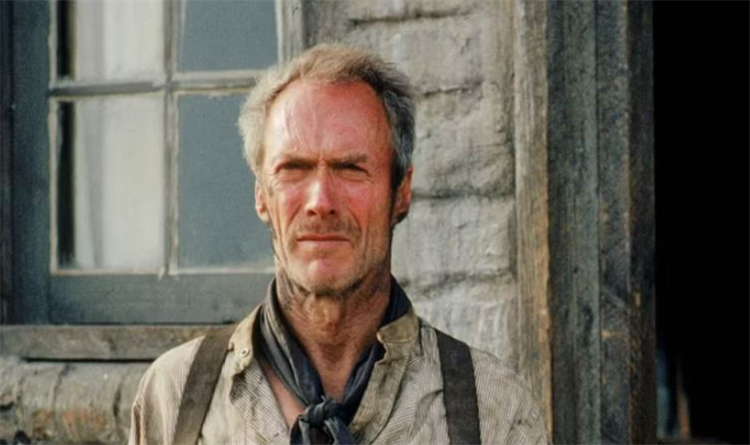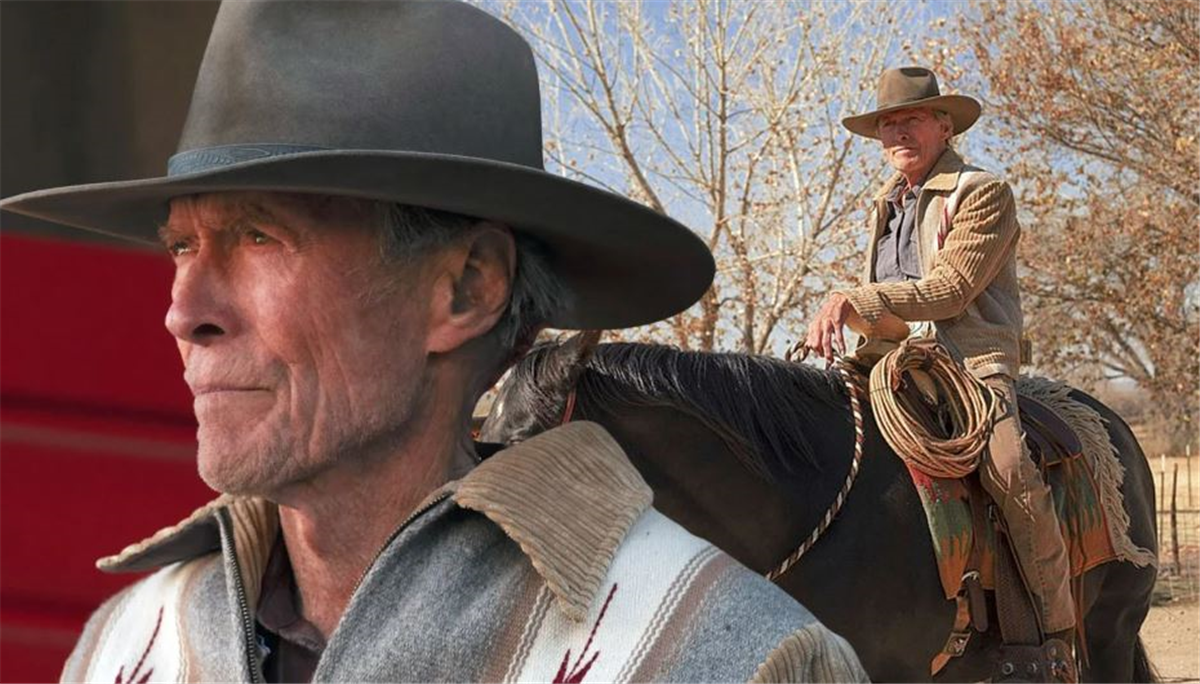For the last 30 years, every Clint Eastwood film carries the wistful and reflective tone of someone looking to walk off into the sunset. Despite starring and directing in a handful of stories about aging people on their last legs, Eastwood refuses to retire or passively accept his screen persona. For someone whose work in the Western and crime thriller milieu is so easily misinterpreted, it’s no surprise that he feels obligated to amend his filmography with deconstructions of these genres. With Unforgiven, however, Eastwood stuck to his guns by retiring from the Western genre for good. Still, he couldn’t help himself, as the nonagenarian director unceremoniously returned to the revisionist Western in 2021 with Cry Macho. Despite what followed 30 years later, Eastwood’s 1992 masterpiece was undoubtedly the end of the road for the Western genre.
Clint Eastwood’s ‘Unforgiven’ Was a Swan Song for Westerns
Starting with his primordial days as a star on television, Clint Eastwood made his name in the Western genre. From Rawhide, his excursion to Italy to lead Sergio Leone’s Dollars trilogy, to revisionist explorations of the genre behind the camera in High Plains Drifter and The Outlaw Josey Wales, he took the mantle from John Wayne as the preeminent on-screen cowboy, even if the Duke wanted no part of his heir apparent’s act. Whereas most classic Westerns propagated myths, Eastwood’s films were, at the very least, emotionally true, closely deconstructing the nobility and America’s historical relationship with outlaw figures. The picturesque wonder of the genre was substituted for moralistic fables about complex lone rangers and gunfighters.

After 30 years in movies, Eastwood would direct a career capstone and a coda for the Western genre. Of course, few could have predicted that Unforgiven, which won Best Director and Best Picture at the Academy Awards, would be a mid-point in his career rather than a swan song. His upcoming film, Juror No. 2, is understood as his last dance, but who is really to say at this point? However, after watching Unforgiven, it was hard not to imagine the film being his send-off to the movies. Based on quality alone, making a Western in the wake of Unforgiven was a tall task, as the film pushed the genre to new heights as a soulful character drama and a punishing reflection of hundreds of years of storytelling.
Clint Eastwood’s ‘Unforgiven’ Challenges the Western Genre
Unforgiven, about an aging outlaw, William Munny (Eastwood), who is lured out of retirement to carry out a hit on a bandit in a town run by a sadistic sheriff, Little Bill Daggett (Gene Hackman), is synonymous with “revisionist” filmmaking. Any movie reconsidering the history and thematic framework of a respective genre can be described as the “Unforgiven of the genre.” Of all the film’s incredible attributes, its lived-in performances, haunting visuals, and gripping shoot-out sequences, its seamless ability to upend all Western expectations with such confident precision remains as impressive as it did in 1992.
William Munny convinces himself that he is reformed, but his disposition to violence and revenge unveils the dark side behind himself and all Western archetypal “heroes.” The typical law enforcement officer in the on-screen version of the Old West was a good-hearted stalwart in the community. Bill Daggett’s power and authority demonstrate the banality of evil and the righteousness of authoritarian figures. In Daggett’s mind, no matter how immoral he acts, it’s all in service of upholding the law. When English Bob (Richard Harris) arrives in town, he is a Western hero of mythical proportions. Once he confronts the immovable object in Daggett’s firearm-free ordinance, he is immediately proven to be a fraud.
Clint Eastwood Made the 2021 Western ‘Cry Macho’

Proverbially speaking, Unforgiven was the mic drop that dispensed all the myths and falsehoods of the Western genre. Eastwood recognized the film’s profound impact and was certain he’d never return to the genre following his nightmarish deconstruction in Unforgiven. “It seemed like it was the end of the road for me with the genre, because it sort of summarized everything I felt about the Western at that particular time,” Eastwood told Esquire in 2008. However, the film, along with Dances With Wolves, sparked a Western revival in the 1990s, with classical takes on the genre like Wyatt Earp, Tombstone, and The Quick and the Dead.
Despite working consistently for three decades directing a variety of films, from mystery-thrillers to biopics, Eastwood stuck to his guns and avoided getting back in the saddle. In 2021, the 90-year-old actor-director brought a long-delayed revisionist Western about an aging rodeo star, Cry Macho, to the screen with mixed results. Where Unforgiven was pressing, Cry Macho is shaggy and seemingly without a clear purpose, lacking the potency and bleak worldview of its milieu. The lukewarm response to Eastwood’s most recent film doesn’t taint the legacy of Unforgiven, but it diminishes the triumphant nature of the 1992 film as the lasting image of the Old West. Nothing else needed to be said about cowboys and sheriffs, even from a master of the genre.
